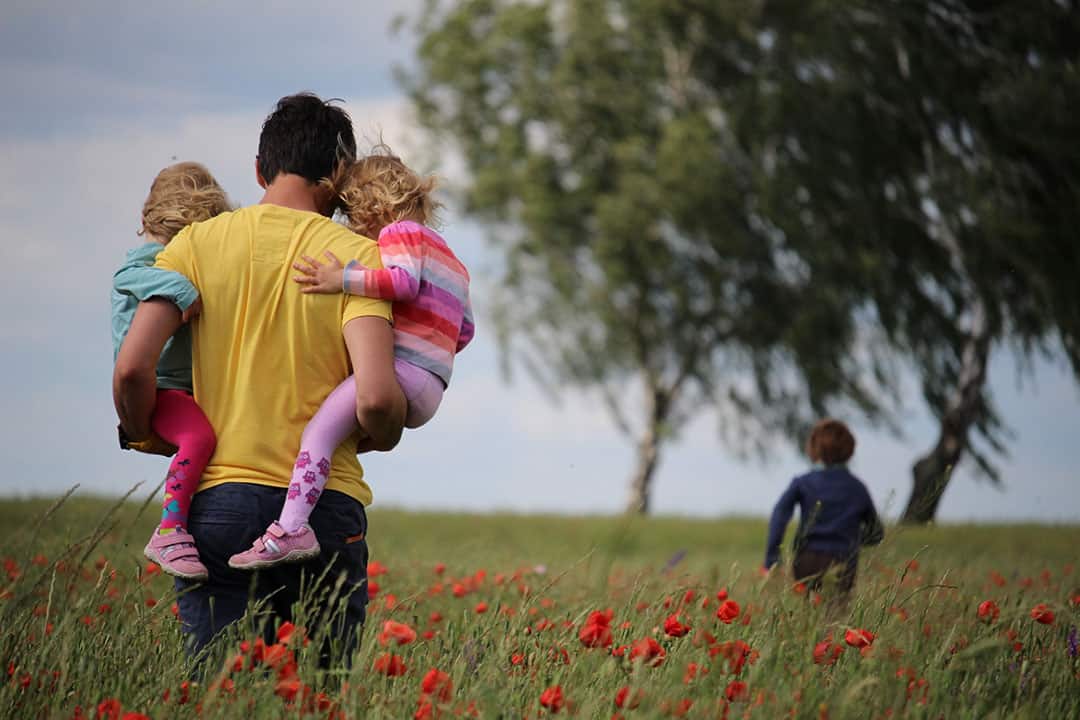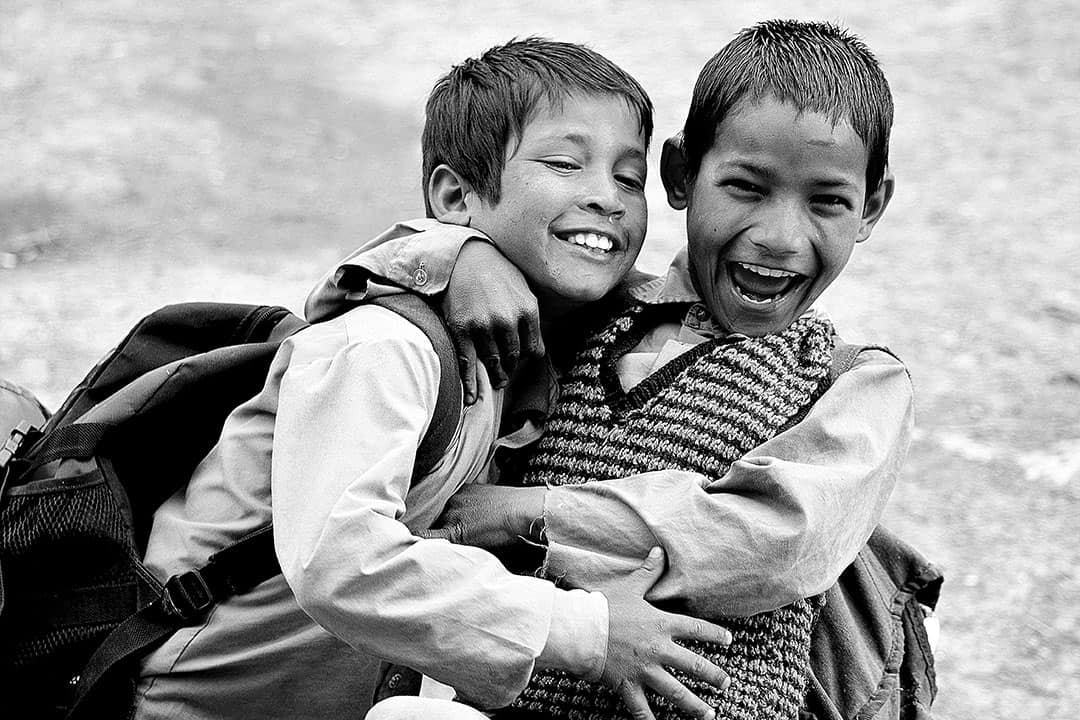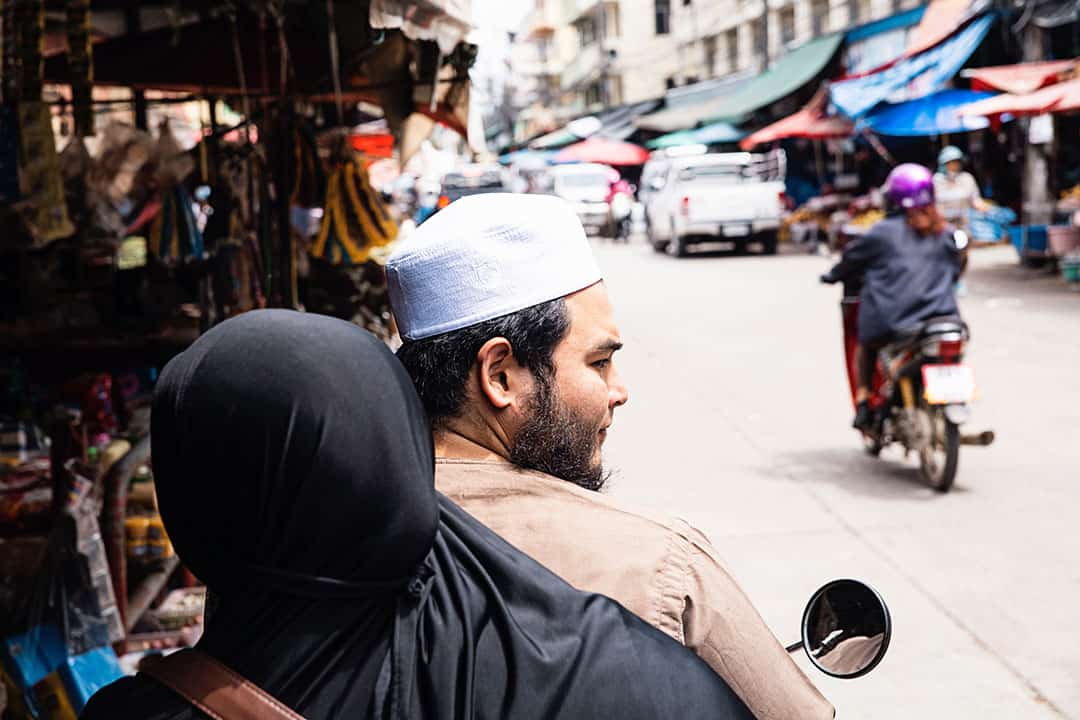As we’ve seen from this past month’s articles, family dynamics play an enormous role in shaping our lives past, present and future. It can take a beautiful, cohesive and positive form or a pummelling, discouraging and negative one – and this is one of the main reasons that family life is one of the central units in Islam, connected to every part of our lives from being a child to growing up in your family, becoming part of another family, then making your own family. Whether by blood or otherwise, you always have a group of people that are familiar and that you can call your family.
This makes the family unit a vital element of our mental health and wellbeing, whereby a supportive or a stressful and conflict-laden family environment can positively or negatively impact us in limitless ways. We are well aware of the effects of peer pressure – this is just one kind of social relationship. Now, take that form of bad social pressure and convert it to a positive social relationship where healthy choices and normative behaviours are encouraged. This is because our social group can determine how stressful we feel, what choices we make, which places we frequent, what kinds of foods we eat, and how motivated we are to achieve our goals.
For example, a lack of social support has been strongly associated to loneliness, and has been shown to be a huge risk factor of depression, unhealthy addictions, suicidal ideation and irregular hormonal function (Cherry, 2018). Being part of an unsupported and neglectful home life can stunt the growth of one’s mindset and can emotionally scar an individual for life. Physically and verbally violent relationships can significantly alter the systems of a child or youth in a family structure so that they can adapt and protect themselves – and these individuals more often than not are likely to indulge in risky and addictive behaviour to take away the trauma of their experiences (Uniteforsight.org, n.d.).

Studies in collectivistic cultures, such as China and India, have shown that for good mental health, more important than family structure, is family function or quality (Cheng et al., 2017). This just goes to show that in the battle between form and function – function always wins. The quality of your relationship with your father is more impactful than the fact that he is your father and you are his child.
Socially close families who communicate well, are open with their emotions and opinions, and freely express their feelings of love and care actually create a space where family members thrive and develop holistically. This is because there may be a reduced inclination to act rebellious or feel misunderstood. Studies also show that this kind of positive social support reduces anxiety, develops efficient communication skills, creates a strong feeling of security and is associated with reduced occurrence of depression (Harand et al, 2017). Therefore, good family relations and positive social support creates a protective framework against mortality and poor mental health.
So, how can you try to be more socially supportive?
- Social support can come in the form of being helpful when needed, offering advice and emotional support, or just being a person to silently lean on – not every moment needs to be filled with words
- Try to adopt a more holistic approach where you can gain knowledge about mental health and this can make it almost second nature for you to be supportive and comforting to those who may be experiencing mental health issues
- Organise a planned fun day out or a cosy treat, which is a more direct and concrete form of support and can lift anyone’s spirits to create a positive sense of belonging, especially for someone who may feel that they don’t belong a lot
These are just a few of the ways in which social support can be given, and by doing something good for somebody you care about, not only will they feel good but you will also feel pleased with their happiness – the end result being better mental and spiritual wellbeing for you and your loved one insha’Allah (if Allah wills).





